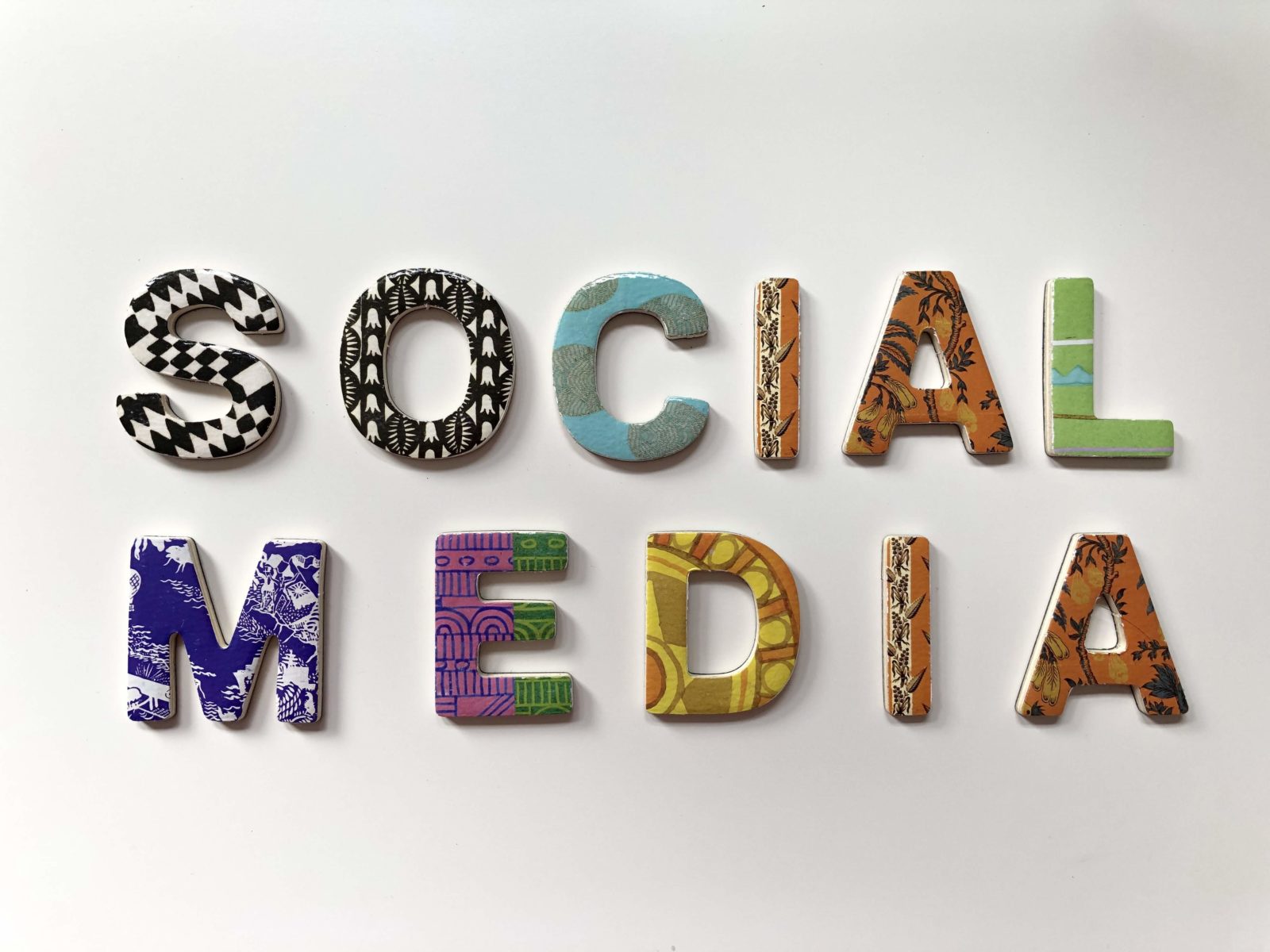Did you know that whispering is the hardest thing you can do to your vocal chords?
A Carrot and a Sneeze
Years ago now, my dad broke his vocal chord, the result of an unfortunate combination of a partially chewed carrot and holding back a sneeze. The pressure ripped one of the legs of his vocal chord away from the throat which meant he started to lose his voice.
Eventually, he saw an ENT who diagnosed the damage.
Like any muscle, it would repair itself, but the recovery time was six weeks during which time my dad was to do as little talking as possible. However, the doctor said, if he did speak, he was to do it as if his voice was normal. No whispering.
It turns out, whispering is harder on your vocal chords than yelling, screaming, or high-pitched shrieks (though I’m sure those aren’t the best). Nope. Of all the sounds we can make, whispering is the most hurtful.
In More Ways Than One…
But there’s more than one thing that can be damaged by a whisper. Most specifically, other people.

It seems like it shouldn’t be that way, since we all know how much damage abusive language and yelling can cause. Speaking softly should be the opposite, right?
The danger of a whisper is its secrecy. It’s not that we’re not talking. But we do it quietly, leaving someone out or sharing what we know doesn’t need to be shared.
Even worse, we add body language to our whispers. A hand over our mouth. Leaning in to talk directly into someone’s ear. Turning our bodies away from whoever or whatever we’re whispering about.
Whispering is a means to communicate that we’re talking without sharing what we’re talking about with anyone but a chosen individual. It’s a way to exclude as much as it can include. It’s like pretending to be anonymous even when we’re in front of everyone.
When Whispering is Good
Now, I can think of two instances when whispering is helpful.
Courtesy. Sometimes it’s just plain rude to yell across a room. So walking to the exact person you need and whispering quietly that you need to speak to him outside or that they have a phone call or that her child needs her in the nursery is just the right thing to do. If the situation allows for someone to clearly and quickly deal with a specific issue that’s related to the actual person she is talking to, then whispering is fine.

Communication without humiliation. Sometimes, we need to address what someone has done, but everyone in the room doesn’t need to know about it. This one is particularly necessary for parents. This is the moment when you pull a child onto your lap and quietly remind them to be kind or not to run or whatever. You could say it out loud, but the reprimand doesn’t need to be public. And the key here is protection. The whispering actually protects the other person, keeping them from public display and preventing other people from stepping in and potentially shaming them.
In both of these situations, the whispering meets certain criteria.
- It’s about a specific, non-personal topic.
- It’s addressed to the person most affected by that topic.
- The goal is protection of someone else.
If all of those criteria are met, whispering can be a very good thing.
When Whispering Hurts
But. Far too often, whispering is not a beneficial tool. It’s a weapon. One used to great effect to hurt and humiliate another person. And we’ve all been on the receiving end.
As someone said, “Whispering wasn’t invented for compliments.”
Whispering hurts when it breaks the three principles mentioned above.
- When it’s about a vague or intentionally personal topic.
- When you whisper about someone, not to them.
- The intent is to hurt, not protect.
If it can’t be said out loud in front of every person in the room, then it’s probably better left unsaid. Or held until it can be said privately to the person who needs to hear it.
Digital Whispering
I doubt any of us really need to be told that whispering can be harmful. We all survived junior high.
But what about what we do online?
Social media and texting allows for all kinds of digital “whispering” that is every bit as harmful, maybe more harmful, than when it’s done in real life.
After all, it never goes away. And if what we posted in a text or comment to one person then gets shared, our “whisper” becomes a yell. A hurtful, mean-spirited yell.
We need to consider what we post by the same criteria as our out-loud whispers. It could make a lot of difference in our digital culture if we did.
Watch Your Whispers
It’s not a cut-and-dried thing, I suppose. You might have whispered something totally innocuous and gotten accused of something hurtful. Intent is hard to measure.
But maybe, just maybe we can make it a point not to whisper unless absolutely necessary. If we make our regular communication as specific, clear, and out-loud as possible, then our occasional whispers won’t really matter.
Let’s make sure we communicate how important other people are to us. If it’s important enough to be said, say it out loud. If it has to be whispered (online or IRL), maybe it’s better left unsaid.



